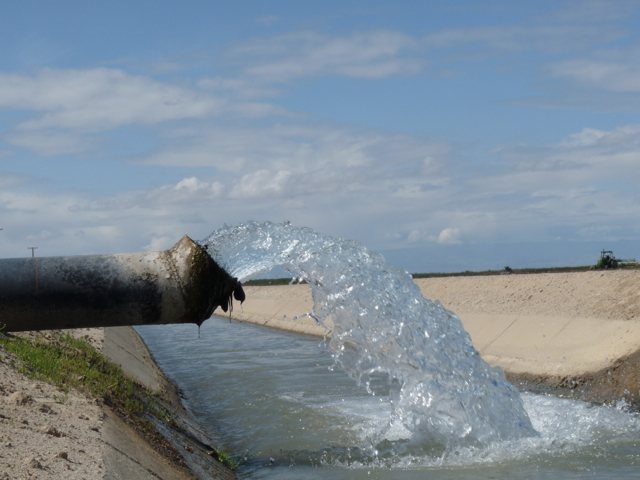Opinion Shift: Urbanites Do Not Support Ag
Aubrey Bettencourt Says Ag Industry Missed Important Opinion Shift
By Charmayne Hefley, California Ag Today Associate Editor
It was thought that the agricultural industry in California could rely on the public sector to rally behind them during this devastating drought, once consumers were ordered to undergo severe water cutbacks themselves. “That didn’t happen,” says Aubrey Bettencourt, executive director of the California Water Alliance and third generation farmer in Kings County, where she farms with her dad.
“Back in 2008/2009,” Bettencourt said, “surface water cuts due to the Endangered Species Act really came into prominence more than the 1992 Central Valley Project Improvement Act (CVPIA). At the time, the ag community anticipated that as soon as urbanites experienced similar severe water cuts, they would rally to our side with the common understanding that we all have to make these very arbitrary reductions.”
“Earlier this year, Governor Brown issued a mandatory water cut of 25 percent, on average, to the urban sector, with a range from 8 to 39 percent depending on location,” explained Bettencourt. “Urbanites did not sympathize with the agricultural community on their shared loss of so much water. Instead, they pointed the finger at Ag, called for a rope and a pitchfork, and wanted ag to take even more of a cut–not understanding that Ag had already endured a 100 percent reduction,” she said. “The California ag community thought they shared a connection with the urban community regarding Ag’s importance.”
“I think this a really fine example of how agriculture has missed the societal shift away from the agrarian-based society to a consumer-focused nation in which most people are four to six generations away from the farm,” Bettancourt noted. “And the vast majority of people don’t understand what Ag does and why production agriculture is beneficial to society as a whole.”
“As such, the general population is able to make claims on the industry from perspectives that lack understanding,” she stated, “calling for requirements that are not beneficial to the industry, and ultimately not beneficial to the population as a whole. Urbanites do not support ag, but this disconnect has developed over time,” said Bettancourt.










